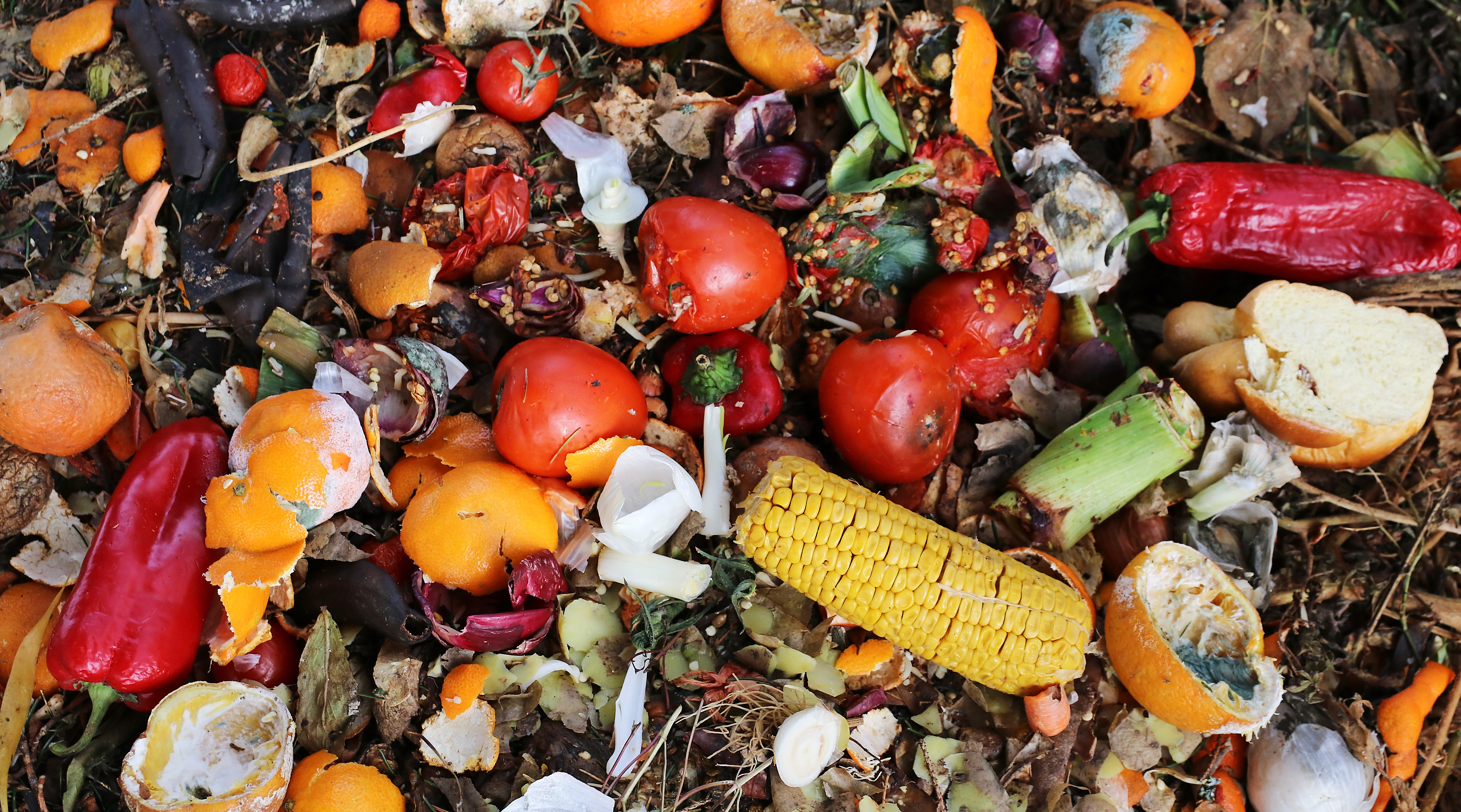
AgriFood Transformation Required to End Hunger
The challenges of hunger, food insecurity, and malnutrition have escalated in recent months, and experts suggest a full transformation of the AgriFood system is needed to reverse the trend.

The world has been grappling with the challenge of hunger, food insecurity, and malnutrition in all its forms for decades. While there is consensus on the issues—burgeoning global population, unequal wealth distribution, diminishing natural resources, climate change, urbanization, globalization, changing demographics, conflict and war, and shifting dietary patterns, to name a few—we have been unsuccessful thus far in mitigating the problem.
Quite the opposite, in fact. The prevalence of undernourishment increased by nearly 60 million people from 2014 to 2019, and preliminary projections suggest the pandemic may add an additional 83 to 132 million people to the number of undernourished people worldwide. Reversing the trend is absolutely critical, and it’s going to take a full transformation of the AgriFood system to do it.
According to the 2018 report “The Science of Food Security,” a systems-based approach linking food security to agricultural productivity, food safety, health and nutrition, processing, and supply chain efficiency in the face of global and industry megatrends is needed. One of the report’s authors, IFT Fellow Martin Cole, PhD, CFS, created a framework of wedges linking food demand for the growing world population with possible approaches or stabilizations that could improve food security. These approaches fall into three distinct categories:
- Reducing the demand trajectory: From 2010-2050, the amount of food needed to feed the world population is expected to increase 71%. Reducing food waste from farm to consumer, reducing overconsumption in human diets, rebalancing the livestock component of future diets, and developing smart biofuel policies and/or technologies will be key to slowing the demand trajectory and making the food we already produce go farther.
- Filling the production shortfall: Previous thinking around eradicating hunger focused on substantially increasing food production while simultaneously reducing agriculture’s environmental footprint. This remains an important part of the equation. Leveraging emerging technologies to expand land resources used for agricultural production, expand water resources used for agricultural irrigation, expand aquaculture, close yield gaps, lift genetically programmed yield potential for further gains, and develop new farming systems that intensify land use/water will help unlock pathways to increase food production more sustainably.
- Avoiding losses from the current production level: Approximately one-third of all food produced worldwide is lost or wasted. Protecting crops and livestock from pests and diseases, improving biosecurity and food safety, preventing soil and water degradation, minimizing the impact of and adapting to climate change can help to ensure food that is produced reaches the mouths of those who need it.
There is definitely a role for food science and technology to play in achieving a world where no one goes to bed hungry and people around the globe have year-round access to safe, nutritious, and sufficient food. As a global science of food community, IFT is uniquely positioned to elevate and address this global challenge.
This July, the scientific program at FIRST, IFT’s new AI-driven, all-digital experience, will explore the question "Zero Hunger: Will we get there?" We will be bringing together experts from industry and academia, along with global partners, thought leaders, innovators, and entrepreneurs to discuss novel research, share knowledge and insights, and challenge one another to think bigger and bolder about how we can change the food demand trajectory we are facing.
Food security is complex and will take transdisciplinary research and technological innovation to effect meaningful change. We will never get there if we stand still. We invite you to join us at FIRST and play a crucial role in moving this conversation toward the transformative change we so desperately need.
Special thanks to Martin Cole, PhD, CFS, for sharing his insights and research on the science of food security. An internationally recognized food scientist and IFT Fellow, Dr. Cole is head of the School of Agriculture, Food and Wine at the University of Adelaide, Australia. He is currently the Chair of the International Commission on the Microbiological Specifications for Food (ICMSF) and a member of the High Level Panel of Experts (HLPE) to the UN Food Security Committee.
References
Cole, M.B., Augustin, M.A., Robertson, M.J. et al. The science of food security. npj Sci Food 2, 14 (2018). https://doi.org/10.1038/s41538-018-0021-9
